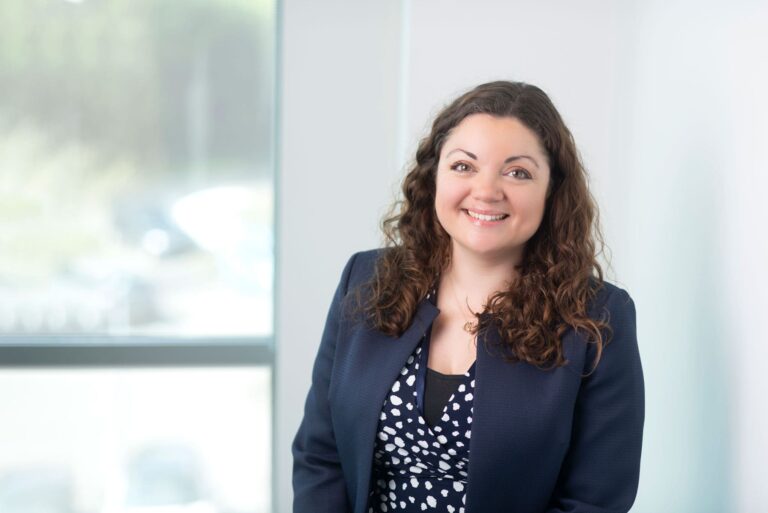“Michelmores are capable of dealing with a range of complex matters that may arise within the context of divorce proceedings.”
“Michelmores have a strong reputation for being robust and they fight their clients’ corner very strongly.”
“The family team one of the best in the area, with a well deserved reputation fantastic client care and strategic representation. They offer a high-level service that is then reflected in proceedings where bundles/pleadings are prepared immaculately and clients feel supported and confident. I am always delighted to work with Michelmores, knowing that the brief and papers will be immaculate and the client’s expectations well managed.”
“Excellent firm with a range of talent in complex jurisdictional family matters for private children and financial cases. The firm also has excellent partners and associates with experience in complicated legal cost funding applications, financial provisions for children, financial matters arising from divorce, and private children disputes.”
“A full-service law firm with footholds around the world, they bring excellence wherever they go.”
“Daniel is phenomenal. He’s the person you go to if you have a tricky question about European law. He really understands and gets the dynamic of a case and knows how to run complicated, difficult litigation.”
“Daniel Eames is a leader in the field of international financial cases. He really knows his stuff and clients adore his direct approach.”
If you are in the process of separating and you are struggling to agree on key issues relating to your children’s care, it is important to seek expert advice. Our children law experts can help you to achieve workable solutions which are in your children’s best interests.
No parent wants their children to be affected by separation any more than is inevitable. Research has found that a large number of separating parents are able to make suitable arrangements for their children.
The difficult cases are those where the parents are unable to agree how the new situation will apply to the children. We can offer advice about how to resolve those issues which can cause disagreement, this can include:
- Whether, if so and how the children are to divide their time between parents
- What will the arrangements be for holiday periods, birthdays and other special occasions
- What are to be the general financial arrangements for the care of the children
- What happens if one parent wants to relocate (in the UK or abroad) with the children
- What school should the children attend
- Whether the children should receive certain medical treatment
- Whether the children should have contact with other family members and if so, when
There are other issues which some parents might find difficult to resolve by agreement. The aim is always to try to arrive at child-focused solutions. If matters cannot be resolved by agreement then it may be necessary for one parent to make an application to the Court to determine the issues involved.
To speak with one of our Family law solicitors, please contact us on 0800 923 0400.




















